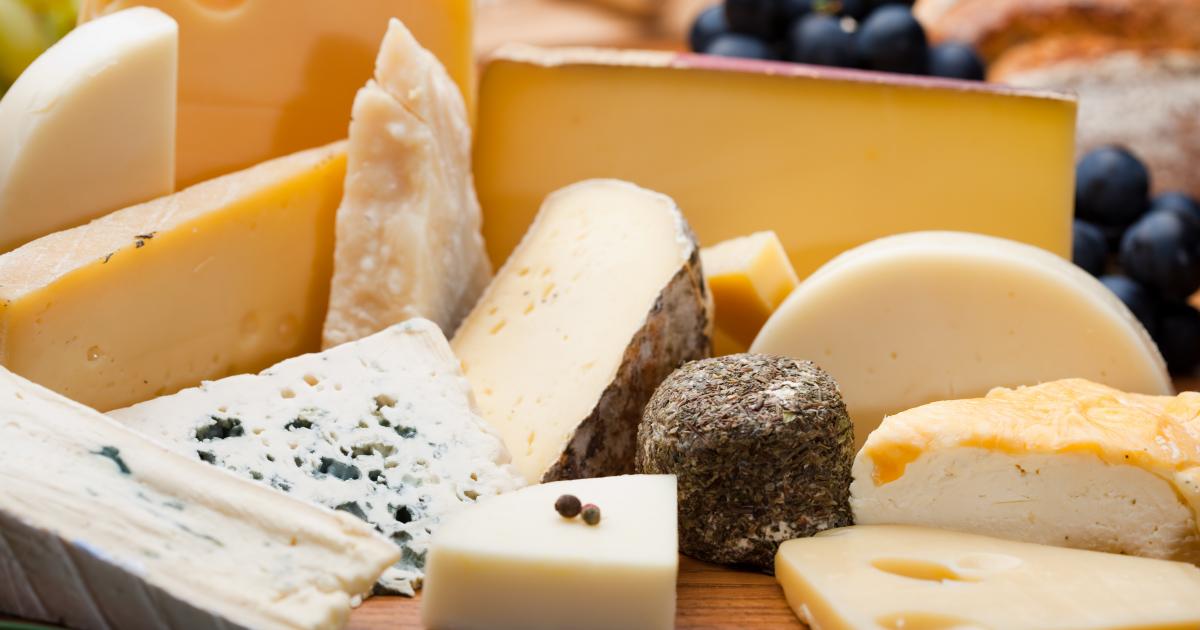
Suggested video What products are in season in October?
Video 1 of 2
Pregnant women or children under 10 years old remain fragile people who are sometimes more exposed to certain risks of contamination. We recently explained to you which product not to give to children under 10 years old. Today, we are interested in one food in particular, a true French heritage: cheese.
In a topic on children’s nutritionvirologist Océane Sorel explained thatyou had to be particularly attentive with the latter because they are more “susceptible to toxic infections and can develop serious illnesses after ingesting certain microbes contained in raw (or undercooked) foods.”
How to explain this? Quite simply “by the fact that a small quantity of microbes is enough to make young children sick who do not necessarily have the same weapons as adults to fight them. I am thinking here in particular of bacteria (such as Listeria, E. Coli, Salmonella) which can be found in food and which have unfortunately made the headlines more than once”.
This observation is the same for pregnant women who are more vulnerable. They must therefore eliminate certain foods such as certain varieties of cheese which may contain harmful bacteria such as listeria which can have a direct consequence on the baby.
However, dietitian Claire Trommenschlager, better known on Instagram under the pseudonym @claire.happydiet, explains in a video that Not all cheeses should be avoided by children or pregnant women.
She explains that it is possible to eat cheeses made from pasteurized milk (the information is marked on it) but be careful to remove the rind when “it is fluffy (flowered) or damp (washed)”. In fact, she specifies that “Moist Camembert type cheeses are also not recommended according to the Anses report (humidity = fertile ground for bacterial development)”.
In addition, no risk if the cheese has been well cooked in the oven for a long time (gratin type), but be careful it must not be just melted like on pizzas for example, underlines the specialist.
However, there is no problem for the following cheeses:
Raw milk cheeses whose paste has been COOKED, types:
– Beaufort
– Gruyère
– County
– Parmesan
View this post on Instagram
The dietitian then makes a list of cheeses not to consume.
These are uncooked or semi-cooked raw milk cheeses such as:
– Abundance
– Morbier
– Camembert
– Brie
– Log
– Roquefort (and other “blue” cheeses) […]
Finally, Claire Trommenschlager concludes: “You just have to read the label after all.” Common sense advice.
Source:https://www.750g.com/quels-sont-les-fromages-interdits-aux-femmes-enceintes-et-aux-enfants-de-moins-de-10-ans-une-dieteticienne-repond-a35248.htm


